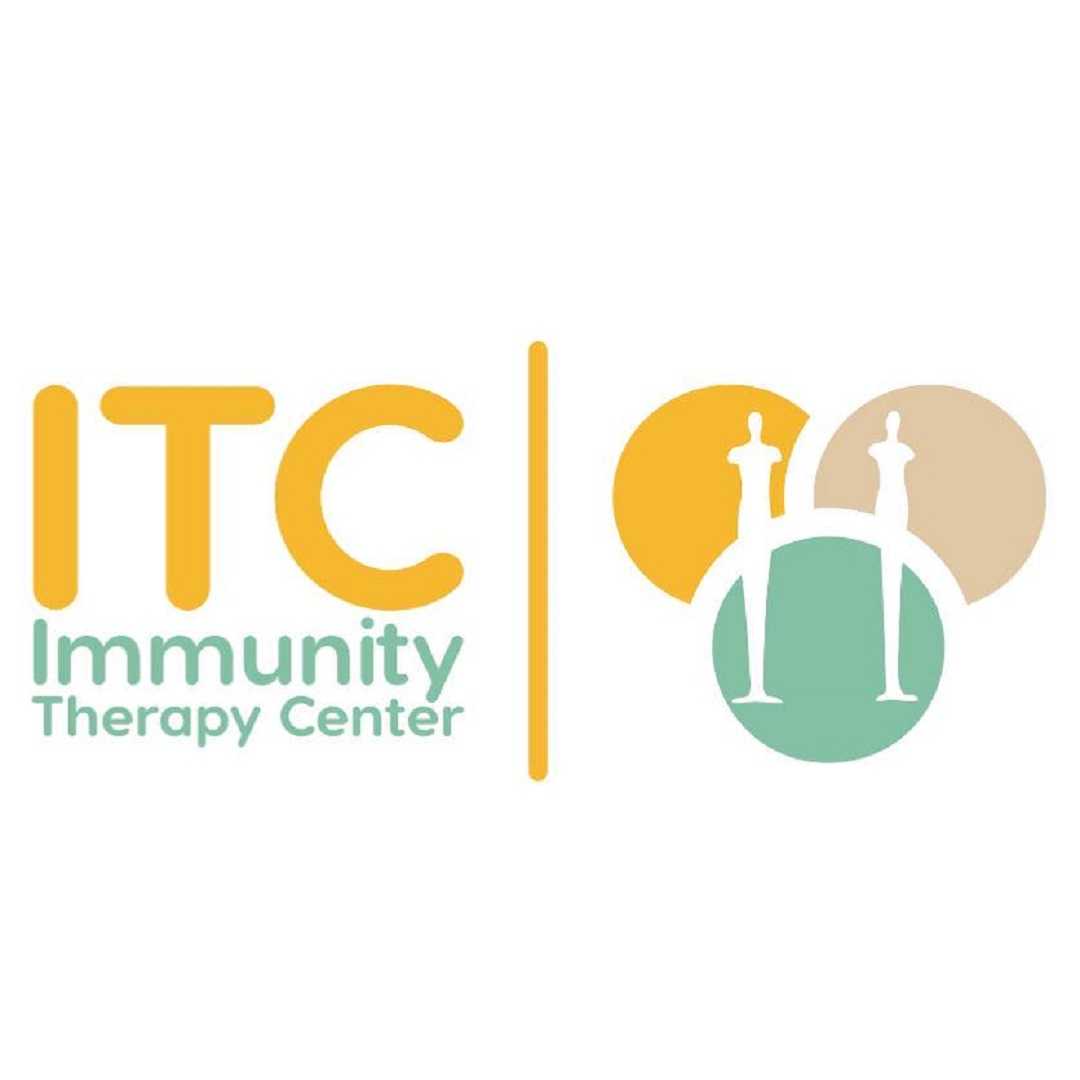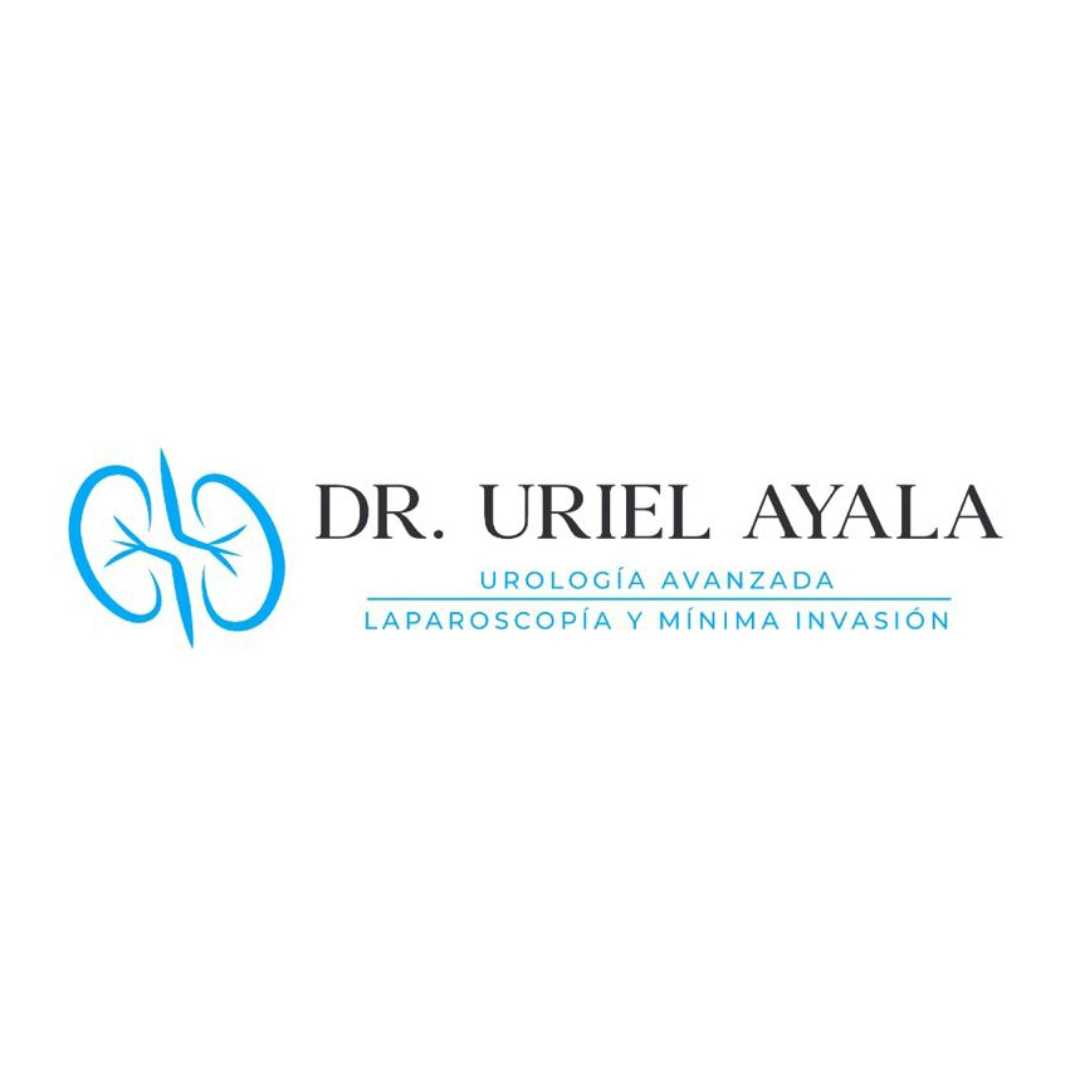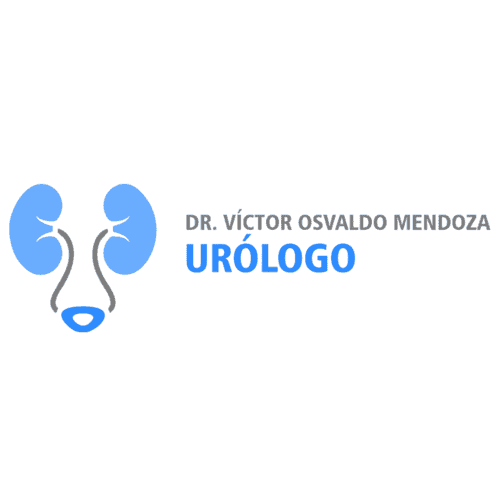Affordable Laryngeal Cancer Surgery in Mexico | 2025 Guide
Receiving a laryngeal cancer diagnosis can be a challenging experience, and exploring treatment options is a critical next step. For many, the possibility of seeking medical care abroad has become a viable and attractive option. Mexico, in particular, has emerged as a leading destination for medical tourism, offering a combination of advanced healthcare, experienced specialists, and affordable costs. If you're wondering whether you can get surgery for laryngeal cancer treatment in Mexico, the answer is a resounding yes. The country boasts a robust healthcare infrastructure with numerous modern hospitals and clinics that specialize in oncology and cater to international patients. This guide is designed to provide you with a comprehensive overview of what to expect when considering laryngeal cancer surgery in Mexico. We will delve into the specifics of treatment options, cost comparisons, the quality of medical facilities, and the expertise of surgeons. Our goal is to address the most pressing questions you might have, from the initial consultation to post-operative care. By understanding the landscape of cancer care in Mexico, you can make an informed decision that aligns with your health needs and financial considerations. We will explore the types of surgeries available, the safety and success rates, and the logistical aspects of receiving treatment as a foreign patient.
Can I really get laryngeal cancer surgery in Mexico?
Mexico is not just a popular vacation spot; it's also a trusted destination for high-quality medical care. The country's proximity to the United States and Canada, coupled with its affordable treatment costs, makes it an attractive option for patients seeking cancer treatment abroad. Many Mexican physicians have received training in the US or Europe, and a significant number of hospitals hold international accreditations, such as from the Joint Commission International (JCI).
Cities like Tijuana, Cancun, Guadalajara, and Monterrey are home to advanced medical centers that regularly treat international patients. These hospitals understand the needs of medical tourists and often have bilingual staff and patient coordinators to assist with everything from travel arrangements to accommodation. When it comes to laryngeal cancer treatment in Mexico, you can expect a level of care that is on par with what you would receive in your home country.
What is the cost of laryngeal cancer surgery in Mexico?
The cost savings are one of the most significant advantages of seeking laryngeal cancer treatment in Mexico. The lower cost is not a reflection of lower quality but is due to the lower cost of living, operational expenses, and professional fees in Mexico. This allows hospitals to offer world-class medical services at a fraction of the price.
Here's a general comparison of potential costs for cancer-related treatments:
| Treatment | Estimated Cost in Mexico (USD) | Estimated Cost in the US (USD) |
|---|---|---|
| Laryngectomy Surgery | $10,000 - $20,000 | $30,000 - $100,000+ |
| Chemotherapy (per session) | $500 - $3,000 | $5,000 - $10,000+ |
| Radiation Therapy (full course) | $10,000 - $20,000 | $50,000+ |
It's important to note that these are estimates, and the final cost will depend on the specific type of surgery, the hospital you choose, the surgeon's fees, and the length of your hospital stay.
What types of laryngeal cancer surgery are available in Mexico?
The goal of laryngeal cancer surgery is to remove the cancerous tumor while preserving as much of the larynx and its functions as possible. The type of surgery you undergo will be determined by your oncology team based on a thorough evaluation of your condition. Here's a breakdown of the common surgical approaches:
- Total Laryngectomy: This procedure involves the complete removal of the larynx (voice box). After a total laryngectomy, you will breathe through a permanent opening in your neck called a stoma.
- Partial Laryngectomy: In this procedure, only a portion of the larynx is removed. This may be an option for smaller, early-stage cancers and can help preserve your ability to speak.
- Transoral Laser Microsurgery (TLM): This is a minimally invasive technique where the surgeon uses a laser to remove the tumor through the mouth, without the need for an external incision in the neck. TLM is often used for early-stage laryngeal cancers.
- Cordectomy: This surgery involves the removal of one or both of the vocal cords and is typically used to treat very early-stage glottic cancers.
Are hospitals in Mexico safe for cancer surgery?
Patient safety is a top priority for reputable hospitals in Mexico that cater to medical tourists. These facilities often invest heavily in modern infrastructure, advanced medical technology, and stringent hygiene protocols to ensure a safe environment for patients. Many surgeons are members of international medical associations and adhere to global best practices.
Before choosing a hospital, it's essential to do your research. Look for patient testimonials, reviews, and accreditations. A JCI accreditation is a strong indicator of a hospital's commitment to quality and safety, as it requires adherence to rigorous international standards.
Which are the best hospitals for laryngeal cancer treatment in Mexico?
Mexico has several world-class hospitals that specialize in cancer treatment. Here are a few notable examples:
- Galenia Hospital (Cancun): A JCI-accredited hospital with a strong oncology department and modern facilities. They are experienced in treating international patients and offer a range of advanced cancer therapies.
- Hospital Angeles (Tijuana and other locations): This is one of the largest private hospital networks in Mexico, with a reputation for clinical excellence and cutting-edge technology. Their Tijuana location is particularly popular among American patients due to its proximity to the border.
- Zambrano Hellion Hospital (Monterrey): Part of the TecSalud system, this hospital is renowned for its specialized medical care and research. It is a leading center for cancer treatment in Latin America.
When selecting a hospital, consider factors such as its location, accreditations, the experience of its oncology team, and the availability of support services for international patients.
How can I find an experienced laryngeal cancer surgeon in Mexico?
Many medical tourism facilitators can also connect you with experienced surgeons and provide you with their credentials and patient reviews. One example is Dr. Gonzalo Jiménez Orci in Tijuana, who specializes in microscopic laryngeal surgery. It is advisable to schedule a virtual consultation with potential surgeons to discuss your case, ask questions, and get a feel for their approach to treatment.
During your consultation, don't hesitate to ask about their experience with your specific type of cancer, the surgical techniques they use, and their success rates. A reputable surgeon will be transparent and willing to provide you with all the information you need to make an informed decision.
What are the success rates for laryngeal cancer surgery in Mexico?
The prognosis for laryngeal cancer is most favorable when it is detected and treated in its early stages. According to the Canadian Cancer Society, the 5-year survival rates for laryngeal cancer are as follows:
- Stage 1: 90%
- Stage 2: 74%
- Stage 3: 56%
- Stage 4: 44%
It's important to understand that these are general statistics and individual outcomes can vary. The expertise of the surgical team, the patient's overall health, and adherence to post-operative care all play a crucial role in the success of the treatment.
What is the process for a foreigner to get surgery in Mexico?
Here's a step-by-step overview of the process:
- Initial Inquiry and Consultation: Contact the hospital or a medical tourism facilitator to inquire about laryngeal cancer treatment in Mexico. You will likely have a virtual consultation with an oncologist or surgeon to discuss your case.
- Medical Records Review: You will be asked to provide your medical records, including biopsy results, imaging scans, and any other relevant information.
- Treatment Plan and Quote: Based on the review of your medical records, the hospital will provide you with a detailed treatment plan and a comprehensive cost estimate.
- Scheduling and Logistics: Once you decide to proceed, the hospital's international patient coordinator will help you schedule your surgery and assist with travel and accommodation arrangements.
- Arrival and Pre-operative Evaluation: Upon your arrival in Mexico, you will undergo a pre-operative evaluation, which may include additional tests and consultations.
- Surgery and Hospitalization: You will then have your surgery and receive post-operative care in the hospital.
- Follow-up and Recovery: After being discharged from the hospital, you will have follow-up appointments with your surgeon before you are cleared to travel back home.
Do I need a special visa for medical treatment in Mexico?
It is always advisable to check the latest visa requirements for your specific nationality before you travel. You will need a valid passport to enter Mexico. The FMM is usually provided on the airplane or at the port of entry.
What about the language barrier?
Communication is key to a positive medical experience. Reputable hospitals in Mexico understand this and make sure that language is not a barrier to receiving excellent care. You can confirm the availability of English-speaking staff and translators when you are researching hospitals.
What does post-operative care and follow-up look like?
After your surgery, you will be closely monitored in the hospital to manage any pain or discomfort and to ensure you are healing properly. Before you are discharged, your medical team will educate you on how to care for yourself at home, including any dietary restrictions and activity limitations. You will also be given contact information for your surgeon in case you have any questions or concerns after you return home.
How do I handle payment for my surgery in Mexico?
It is recommended to clarify the payment process well in advance. Some hospitals may require a deposit to secure your surgery date, with the balance due upon admission. If you have international health insurance, you should check with your provider to see if they cover treatment in Mexico.
Is it safe to travel to Mexico for medical treatment?
Like traveling to any foreign country, it's important to be aware of your surroundings and take common-sense precautions. Stick to well-known and reputable areas, and arrange for transportation through your hospital or a trusted service. The hospital's international patient department can often provide guidance on safe travel and accommodation options.
What kind of support can I expect as an international patient?
The goal of these support services is to make your medical journey as smooth and stress-free as possible. From the moment you make your initial inquiry until you return home, you will have a dedicated team to assist you with all the logistical aspects of your treatment. This allows you to focus on what's most important: your health and recovery.
For more information on finding the right healthcare solutions for your needs, explore the options available through PlacidWay. They can help connect you with reputable hospitals and experienced surgeons for laryngeal cancer treatment in Mexico and other medical destinations worldwide.



.png)














Share this listing